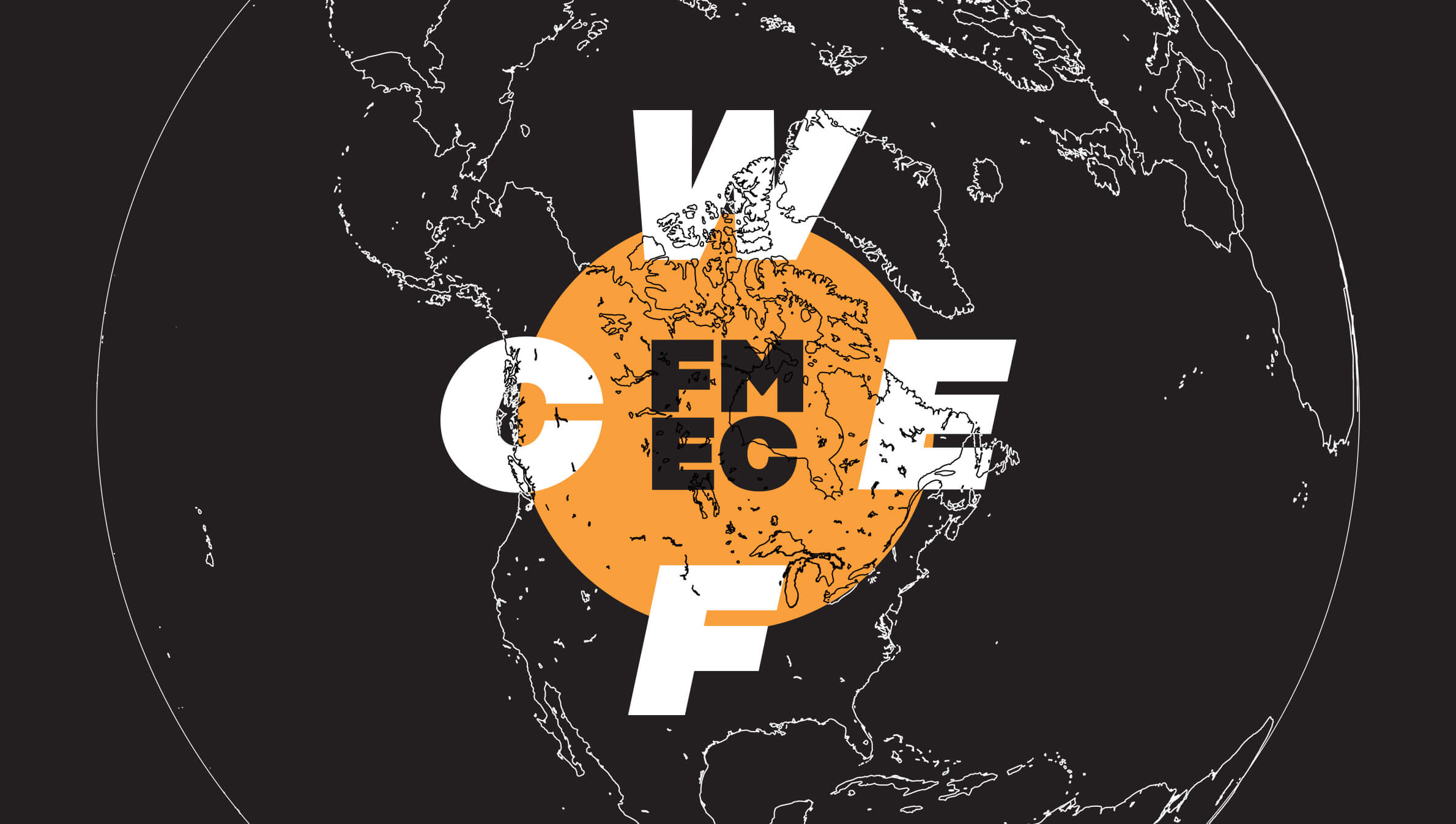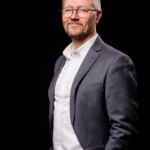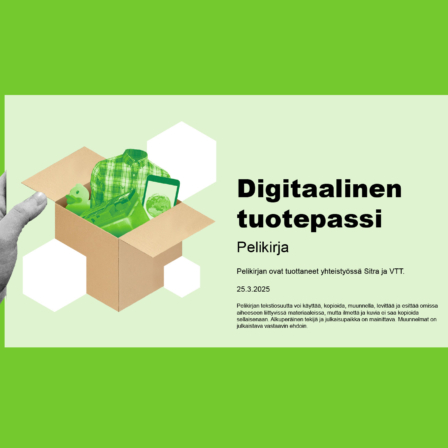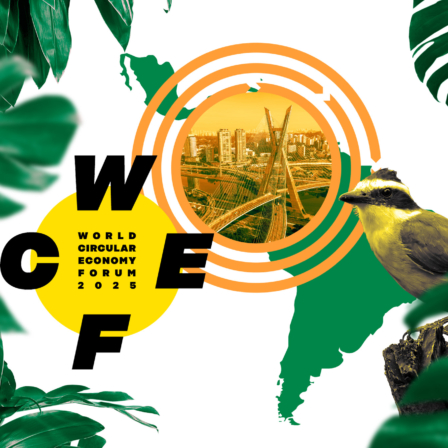The transition towards a circular economy is already happening around the globe, but the pace is not fast enough, despite its potential in tackling the sustainability crisis and its promise of value creation towards a wealthy and inclusive society. However, more and more countries already recognise the benefits of a circular economy, as circularity offers solutions for clean growth while addressing climate change, pollution and biodiversity loss. The World Circular Economy Forum offers solutions for this inevitable shift.
From 13 to 15 September, the Finnish Innovation Fund Sitra and the Government of Canada will host the landmark circular economy event of the year, the World Circular Economy Forum 2021. WCEF2021 brings together leaders, policy makers, experts and enthusiasts from around the globe to accelerate the global transition to a circular economy. The Forum’s theme is “Game changers! Seizing the circular opportunity,” and it will focus on the actions needed in the next 5 years to raise circular ambition globally, to bring in new allies and to introduce new voices into the conversation.
Unsustainable consumption and production patterns are having negative environmental impacts globally. The circular economy is about moving beyond the current take-make-waste approach to production and consumption and finding new ways to maintain the value of products, materials and resources in the economy for as long as possible.
“The circular economy is an essential ingredient of post-COVID-19 economic recovery if we want to succeed in transforming our societies to climate-neutral and less harmful to nature. It will maintain the value of goods without overconsumption of natural resources,” says Jyrki Katainen, President of The Finnish Innovation Fund Sitra.
Notable speakers at WCEF2021 include Inger Andersen, Executive Director of the United Nations Environment Programme; Sir Partha Dasgupta, Frank Ramsey Professor Emeritus of Economics at the University of Cambridge; Naoko Ishii, Executive Vice President and Director of the University of Tokyo’s Centre for Global Commons; and Natan Obed, President, Inuit Tapiriit Kanatami.
Programme highlights include:
- Natural Resources, which demonstrates how a circular economy offers long-term prosperity for all sectors and economies by driving value across the economy and along supply chains.
- Climate + Biodiversity, a session designed to drive discussion towards how the circular economy can provide solutions to the world’s climate goals while halting biodiversity loss.
- Circularity at Home, which explores how a circular economy is founded in communities and communality, while looking at examples of what a circular lifestyle looks like in different parts of the world.
This year’s Forum has a strong focus on young voices and perspectives and will feature several youth speakers sharing their experiences within the circular economy. The Government of Canada is also working with Leading Change Canada to support young Canadian leaders to participate in WCEF2021.
WCEF2021 is free and the online format makes it accessible to all. We encourage everyone to join us in identifying the key actions and systemic changes needed for a more circular economy that can support economic recovery and long-term sustainability: wcef2021.com.
Media enquiries and requests for interviews will be responded to by Samuli Laita, Leading Specialist, Communications, samuli.laita@sitra.fi, tel. +358 40 536 8650.
Quick facts about the WCEF and the circular economy
The World Circular Economy Forum
The World Circular Economy Forum (WCEF) is a global initiative of Finland and the Finnish Innovation Fund Sitra. The first WCEF was held in Helsinki in 2017, and this is the first time the Forum is being hosted in North America.
WCEF2021 is being organised in collaboration with 15 international and Canadian partners.
The WCEF2021 programme includes three types of sessions:
- Game Changer Sessions explore what is needed to achieve a circular economy, and
- Demonstration Sessions feature concrete examples of circularity in action.
- The third day is dedicated to Accelerator Sessions hosted by partners and collaborators that seek to bridge the discussions of WCEF2021 with the daily work needed for a circular transition.
The circular economy
The circular economy makes business sense: for example, in Canada remanufacturing, refurbishment, reuse and repair of products are currently worth about $56 billion annually, and support over 300,000 jobs.
A 2018 study by Material Economics concluded that a more circular economy in the four largest materials in terms of emissions (steel, plastics, aluminum and cement) and two large use segments for these materials (passenger cars and buildings) can cut the emissions from heavy industry as much as 3.6 billion tonnes per year globally.
A 2019 study by Deloitte estimated that if Canada were to achieve 90% plastic waste recovery by 2030, this would result in annual GHG emissions savings of 1.8 Mt of CO2.
The extraction and processing of natural resources causes 45% of climate emissions and 90% of biodiversity loss. And global material use is expected to more than double from 2011 to 2060. For a true circular economy, we must redefine that no waste is generated by design.




















Recommended
Have some more.